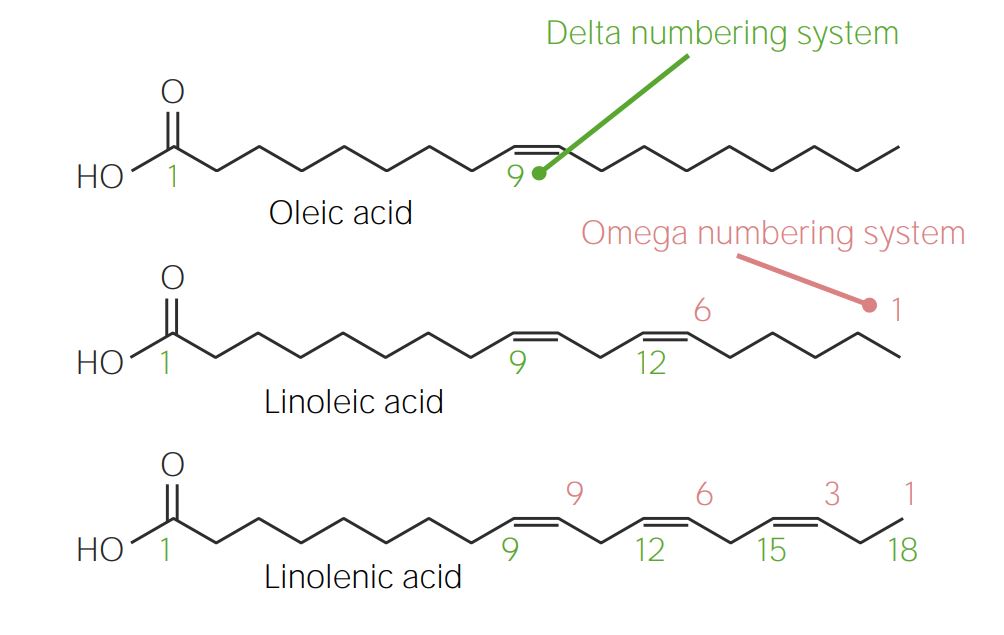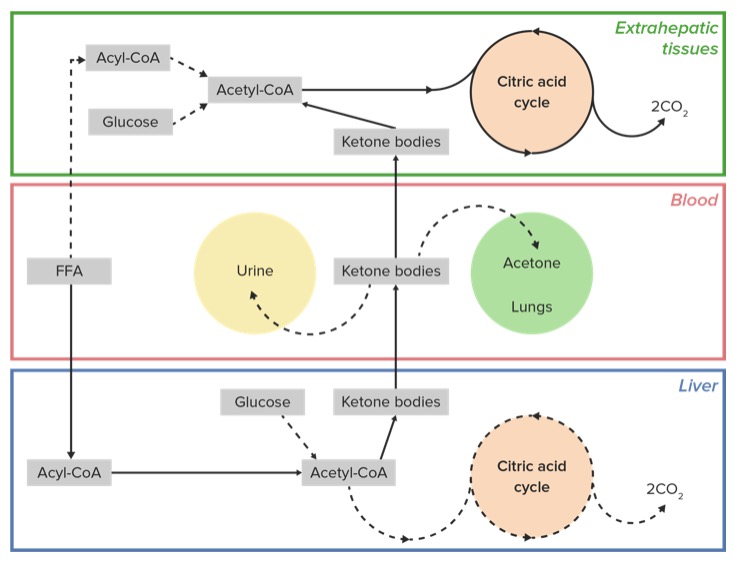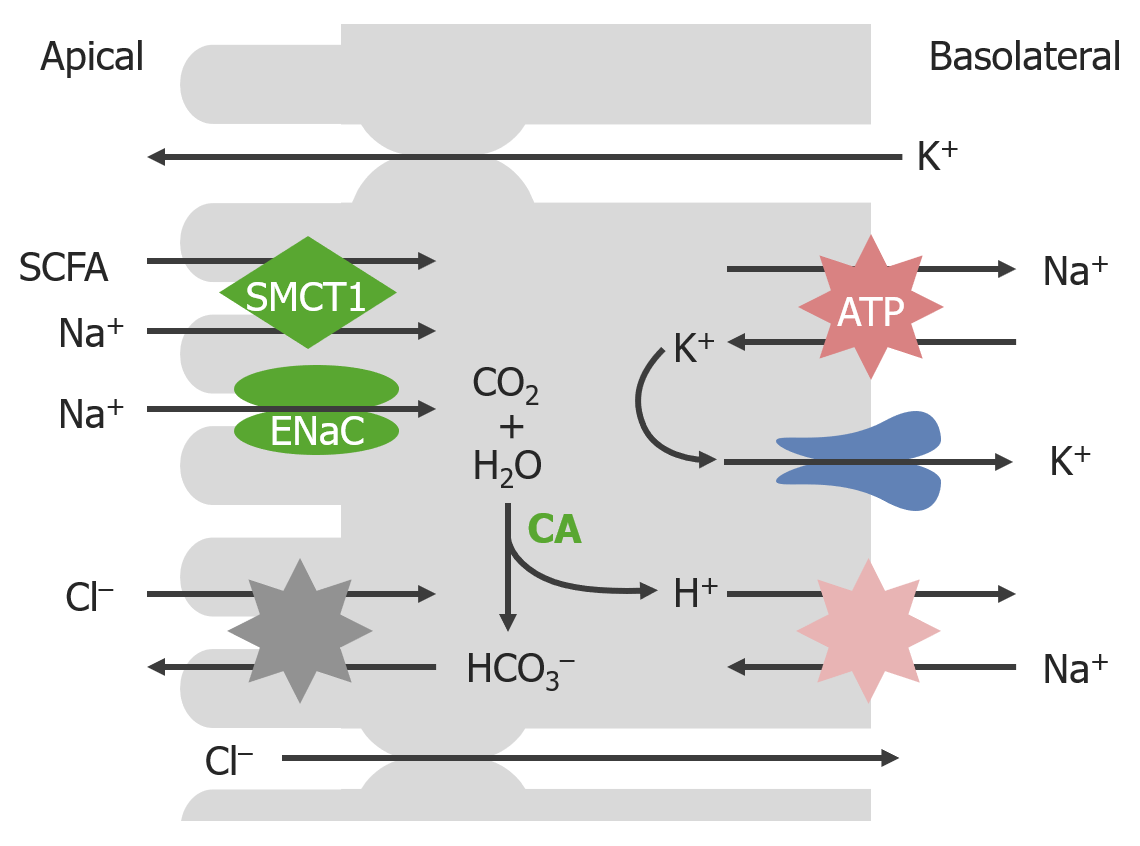Playlist
Show Playlist
Hide Playlist
Steroids and Bile Acids: Ketone Body Synthesis
-
08 Advanced LipidMetabolism-Steroids&BileAcids.pdf
-
Reference List Biochemistry.pdf
-
Download Lecture Overview
00:01 Now ketone bodies are very important molecules. 00:04 What they are, are little pieces of carbon and in this we can see we start with a 6 piece of 6 carbon piece known as HMG-CoA. 00:11 And it's broken down into acetyl-CoA which contains two carbons and the acetoacetate. And the acetoacetate is the first of the ketone body. 00:20 Why do we care about an acetoacetate? The reason we care about it is it can be broken down into acetyl-CoA by cells. 00:30 Now ketone bodies are very important energy sources for cells when they run out of glucose. 00:37 Ketone bodies are produced by the liver down into the blood stream when glucose is not available. So people who are taking either of very very lower carb diet, people who are starving or people who have problems with glucose metabolism may have very low blood glucose. 00:53 And when that happens having an alternate energy source is important. 00:57 And the ketone bodies provide that important resource. 01:00 Now acetoacetate, as we can see in a second, is unstable. 01:04 Acetoacetate can spontaneously decarboxylate to become acetone. 01:09 Now spontaneously decarboxylate means it doesn't take an enzymes so the molecule itself is unstable and that can happen. 01:17 Acetone can be smelled in a person's breath. And acetone smells like a finger nail polish remover. 01:22 And it's always important to remember that if you ever smell acetone on someone breath to have them check things out with their doctor; because, that typically means that they are not doing something unusual that they may some problems with glucose metabolism that they are not aware of, most commonly diabetes. And in fact a lot of people discovered they have diabetes when a friend tells them. They can smell acetone on their breath. 01:43 So acetoacetate can be converted into couple of things as described and that involves acetone by the spontaneous decarboxylation here. Or more importantly into 3-hydroxybutyrate by the enzyme shown in the screen. 01:57 This reaction is actually a reduction in which electrons from NADH are added to acetoacetate to create the molecule on the right, 3-hdroxybutyrate. 02:07 We described 3-hydroxybutyrate as a ketone body, but technically it's not a ketone. 02:10 But it does participate in the ketone body process. 02:13 Acetone that is produced by the spontaneous decarboxylation can be exhaled into lungs or removed by the kidneys from the blood stream and acetone really isn't a very useful molecule for the body so that if the acetoacetate goes to acetone it's actually wasting some of the energy that would be available otherwise to the cells. 02:32 Now the acetoacetate and 3-hydroxybutyrate are water soluble and readily travel in the blood very much like glucose travel in the blood and they can get to target tissues. 02:43 When they get to target tissues, the acetoacetate can be broken down back into 2 acetyl-CoAs. 02:51 Well 2 acetyl-CoAs are very helpful for cells; because, they provide energy for brain and eyes and things like that, that need that continual energy source. So, thanks to ketone bodies. 03:00 The body is able to provide energy to cells when glucose is low.
About the Lecture
The lecture Steroids and Bile Acids: Ketone Body Synthesis by Kevin Ahern, PhD is from the course Lipid Metabolism.
Included Quiz Questions
Which of the following is true of ketone body synthesis?
- It starts with the same molecules as cholesterol synthesis.
- It begins with acetoacetate.
- It ultimately produces an 8-carbon product.
- It involves squalene.
Which ketone body molecule is made by spontaneous decarboxylation?
- Acetone
- Acetyl-CoA
- Beta-hydroxy-butyryl-CoA
- Acetoacetate
Ketone bodies are distributed in the body to provide it with what molecule?
- Acetyl-CoA
- Acetone
- Fructose
- Glucose
- Sucrose
Customer reviews
5,0 of 5 stars
| 5 Stars |
|
5 |
| 4 Stars |
|
0 |
| 3 Stars |
|
0 |
| 2 Stars |
|
0 |
| 1 Star |
|
0 |






